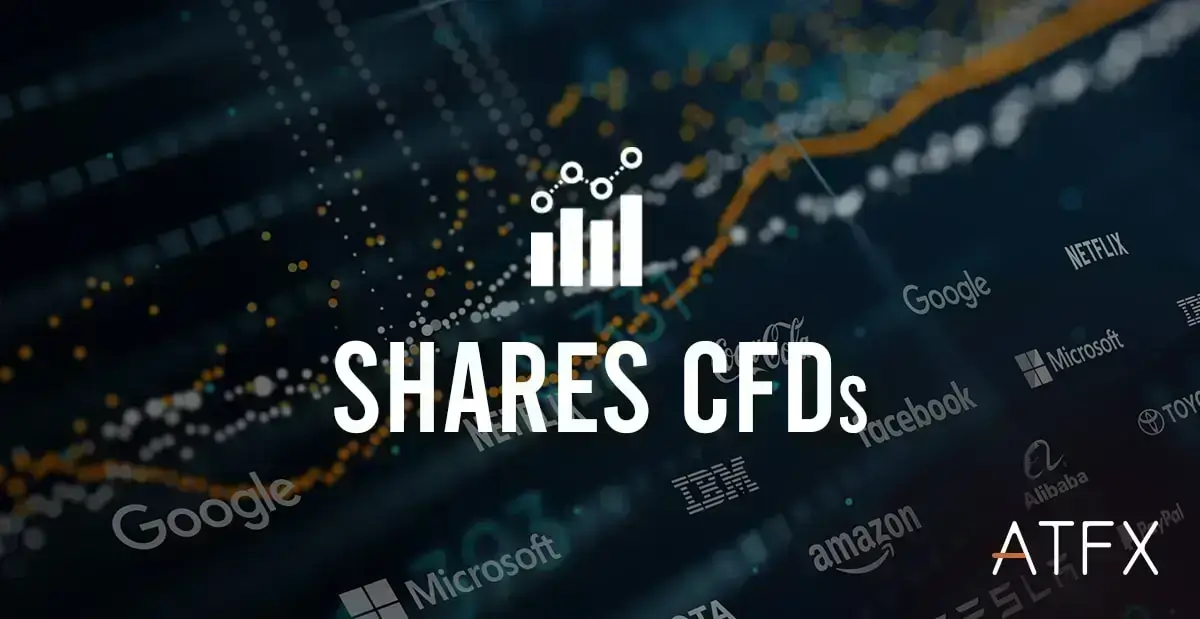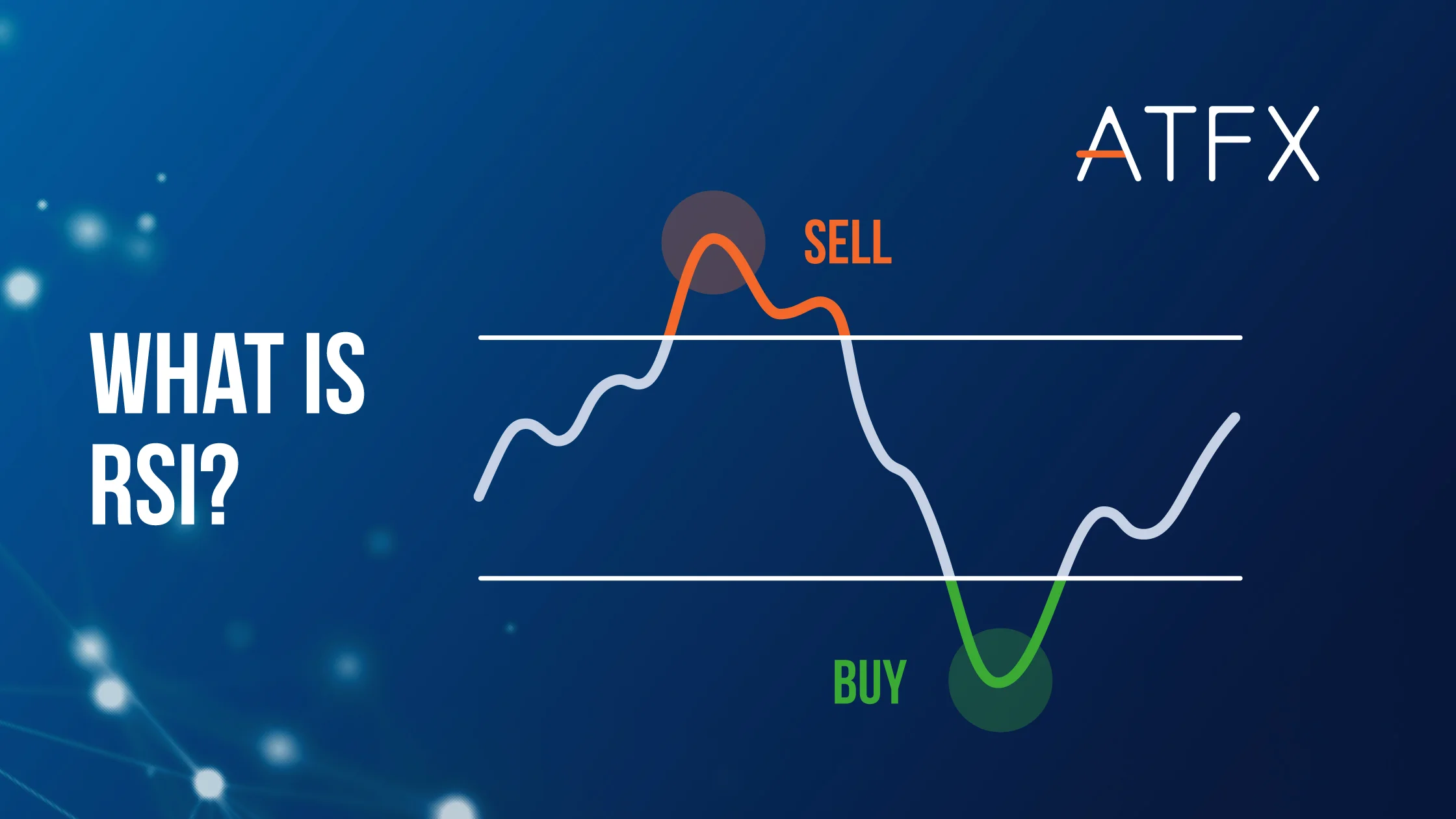Should you be trading stocks via your CFD account or a dealing account? That depends on what you are looking to accomplish. If you are an investor who plans to hold stocks for the long term and make infrequent changes to your stock portfolio, buying shares in a traditional share dealing account tends to be the best route.
However, if you plan to move in and out of stocks a few times per month to maximize the price volatility of stocks, aim to short-sell stocks to make money on declining stock prices, and want to amplify your gains, then CFD trading is the best option.

Why do traders use CFD stocks?
A stock CFD is a contract that follows the share price. When the stock price goes up, the value of the CFD goes up, and vice versa. You gain several benefits by trading via a CFD. But you also give up the right to vote at shareholders meetings, and trading with too much leverage could be bad for your returns if you don’t manage the risk correctly. Let us explore the benefits.
Margin Trading
When buying a CFD, you do not need to put up all the money to buy your desired stock as you usually will in a stock dealing account.
For example, if you would like to buy $10,000 worth of Tesla stocks in your shares dealing account, you need to have $10,000 to invest, which many can’t afford. CFD trading changes this and does not lock out the less fortunate.
With a CFD broker, you would usually only need to deposit one-fifth of the position, e.g. 20% or $2500, to buy $10,000 worth of Tesla stock. Therefore, you could trade with a much larger position that you can afford, giving skilled traders the ability to make more money quicker than if they did not trade with CFDs.
If Tesla gains 10% over two weeks, your holdings would now be worth $11,000, a 10% return for the investor who bought $10,000 worth of stock in their stock dealing account.
The stock CFDs trader would also have made a $1,000 return. But they only deposited $2,500 to make $1,000, so their percentage return is 40%. Seen from a different perspective, if CFDs did not exist, the return would only have been 10% of 2500, a return of $250.
Don’t be foolish with leverage
As you trade on leverage, your losses will also be magnified. The higher leverage can be good for you if you manage it well, and experienced traders can do so. However, many new traders trade with the highest amount of leverage from the start, putting them at significant risk. Similarly, an inexperienced driver should be careful when driving a sports car before working hours with cars with less power.
Some brokers like ATFX offer advanced charts, stop-loss, and take profit orders to help you manage your trades efficiently and safely. They also offer tailored trading education, enabling their clients to learn how to harness market volatility instead of suffering from it.
Pro tip:
Whilst margin trading allows you to magnify your profits. But, unfortunately, it will also magnify your losses; thus, trading with too much leverage, especially during quarterly earnings reports, is usually a high-risk strategy.
Harness market volatility for your benefit
On average, the S&P 500 has risen by about 10.9% per year in the last 40 years. However, everyone who has traded or invested knows that the return will vary greatly. Some years the S&P 500 will be up 30%; other years, it trades sideways or is down 10%.
However, many of the millions of new traders that joined the markets since the 2020 coronavirus crisis are not aware of this; they are used to stocks only trading higher.
Therefore, many have never experienced sideways or down year markets, so they don’t know how difficult it is to implement the famed buy-and-hold strategy. But between 2000 and 2013, the S&P 500 traded sideways. As a result, the worst stock pickers bought in 2000 and had to wait 13 long years to start to make money on their holdings.
To make money when the S&P 500 does not exhibit a strong trend, traders need to be clever with their stock selection and short-sell stocks, and it is here that the CFD shines.

Why short-sell CFDs?
Short-selling a stock means that you try to make money by the stock price dropping. It is possible to do this with a traditional stockbroker, but you need to fill out extra forms. Your selection of stocks to short-sell will also not be as large as with a CFD provider.
CFD providers will usually have direct access to the stock exchanges as your typical broker. However, they will also have access to specialist hedge funds, and specialist liquidity providers that allow short-selling. CFD providers tend, therefore, to be good if you would like to short-sell stocks.
Long/Short Equity Strategy
A typical trading strategy amongst specialists is to buy the share of the company you think will do well and simultaneously short-sell the company’s stock that you think will underperform. Of course, being long one stock and short the other will reduce the impact of the general market direction, so if the S&P 500 is up or down on the year will matter less for you.
Instead, your returns will be directly correlated to your ability to find good and bad stocks to trade, instead of your ability to analyze the subsequent actions of the Federal Reserve and other geopolitical matters.
Riding the winners
CFDs also work well in strong trending markets. For example, when the 2020 Coronavirus panic was at peak, Apple’s stock price (AAPL) reached a low of approximately $53.19 on March 23, 2020. Following that low, the stock did not look back almost every week for 162 days, and the AAPL share price traded higher. On September 2, 2020, the price reached $137, for a total return of 157%.
The return is impressive, but managing to enter at the exact low and exit at the very high is extremely unlikely, given the significant uncertainty that prevailed at the time. But even without the coronavirus crisis, it would have been impossible.
However, a CFD trader did not need to find and buy AAPL at the exact low. They just needed to buy when it was clear that the stock was trending higher and the volatility was stable. For example, just after Apple’s market-beating quarterly report on April 30, 2020, the price rose about 36% before dipping just a few days before their next quarterly report in July 2022.
Buying Apple on two times leverage would have netted a return of 72%, whilst buying the stock with three times leverage would have yielded a return of 108%.
Apple was also not the only stock price trading higher in 2020 and 2021, so recycling profits from one winning trade to another would have been a great strategy.
Costs
Spreads and Commissions
Stock CFD traders hold their positions for a few hours to a few weeks, but seldom more than a few months. As the trading frequency is high, costs suddenly become more critical. Because with a stock dealing account, you usually pay a high fee to buy and sell, as your broker knows that you will not trade often. You will usually pay a lower fee with a CFD broker and sometimes skip the commission altogether. CFD trading is, therefore, more economical.
Funding costs
A stock CFD is a product that uses leverage, meaning that you can hold bigger positions than you have deposited into your trading account. The broker will lend you the missing money to make up for the shortfall. As in our Tesla example, if you would like to buy for $10,000 but only have $2500, the broker will make up the shortfall.
Thankfully, global interest rates are low, so the CFD funding rates are also low. For example, the yearly funding rate to hold an Apple or Tesla stock CFD is about 3%. If you hold the position open for a year, you will pay 3% of the position value. So if you buy Tesla CFDs for $10,000, you will pay about $25 per month. But Tesla stocks easily go up or down 20% within one year, making the fees have a much lower impact than the change in the stock price.
CFD vs Stock Trading
CFD Stock Trading | Traditional Stock Trading | |
| Costs for frequent trading | Lower | Higher |
| Trade on leverage | Yes | No |
| Do you need to pay stamp duty | No | Yes |
| Pay full amount for position | No | Yes |
| Can you short-sell? | Yes | No |
| Can you trade outside of regular trading hours | Yes | No |
| Shareholder privileges? | No | Yes |
| Receive dividend | Yes | No |
| Who is it for? | For holding positions shorter than three months | Holding positions for years |
| Do you pay to keep positions open? | Yes | No |
| Can you use it to hedge your stock holdings? | Yes | No |
Traditional stock accounts and CFDs are both excellent ways of taking part in the financial markets. They complement each other instead of directly competing. The traditional stock account is great if you would like to be involved in the companies you buy and if you plan to make infrequent changes to your portfolio.
On the other hand, Stock CFDs are great if you would like to trade in the short-term and harness the ups and downs of the financial markets. They can also be used in more elaborated strategies like the Long/Short equity trading strategy. CFDs can also be used to maximize the bull run as you have access to leverage, allowing people with smaller budgets to make it worthwhile for them to invest.


